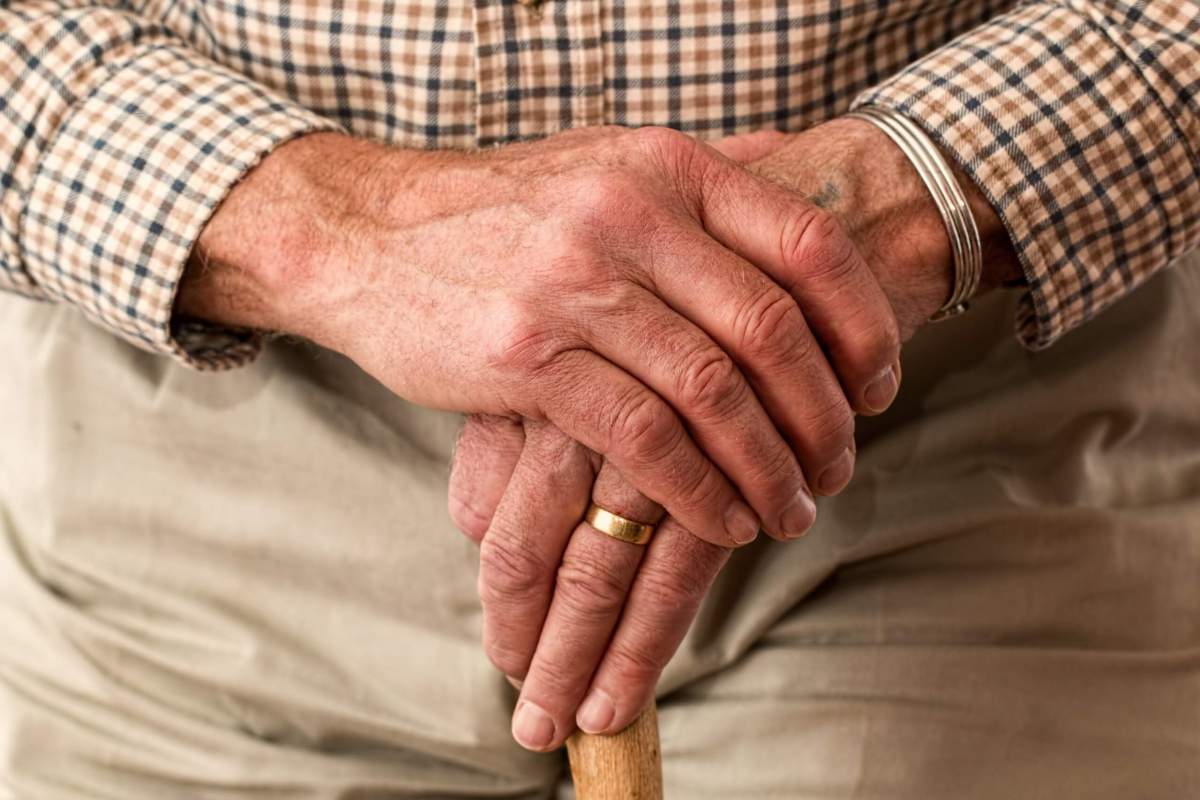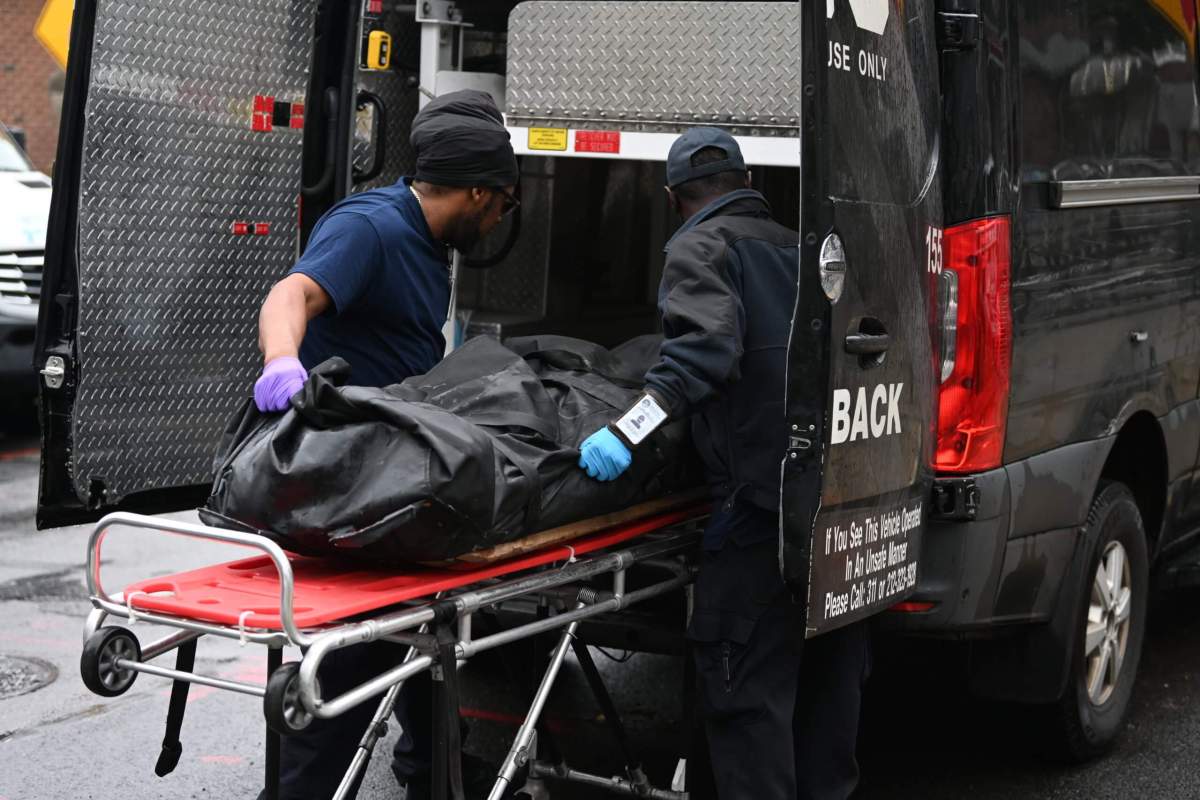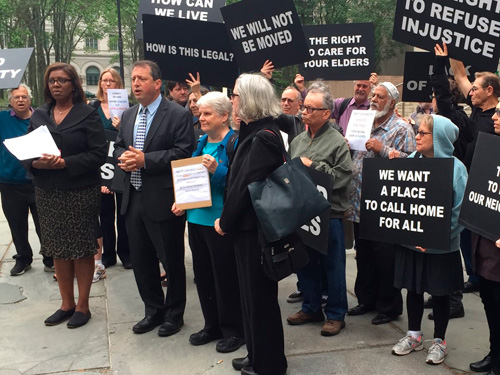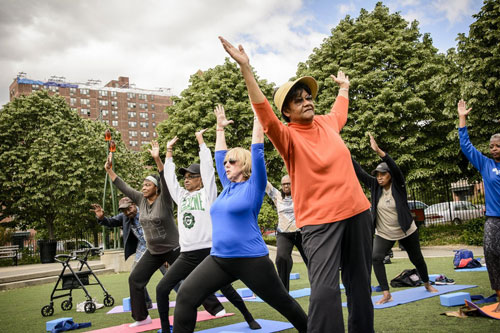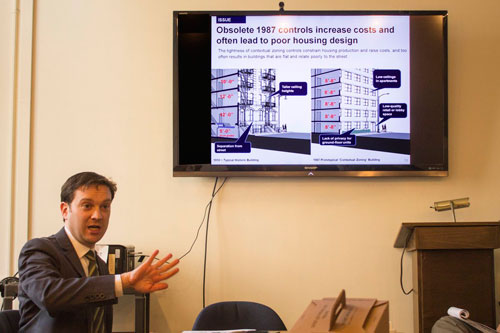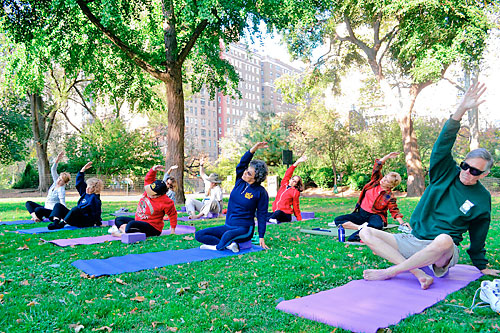As our city leaders consider their resolutions for 2023, supporting older New Yorkers to age in place safely and with dignity should be near the top of the list.
The over 65 population is our city’s fastest growing demographic, and the number of older adults over 85 is expanding rapidly as well. By 2030, all baby boomers will be between 65-85, and the census bureau projects that older adults will outnumber children for the first time in U.S. history.
Aging in a city like New York comes with a host of particular challenges—expense and inaccessibility chief among them. Our housing stock and transportation systems are ill-equipped to serve individuals with limited mobility or care needs. There is a dearth of ramps across our city, and elevators are either nonexistent (most subway stops and all walk up buildings) or nonfunctional (NYCHA buildings). But long-term care facilities are both incredibly costly and not the preferred option for most, who would rather age in their homes and communities.
A bill introduced by Councilmember Justin Brannan proposes helping older adults and people with disabilities remain safer at home by requiring the installation of cost-free protective devices for individuals who reside in multiple dwellings, and the provision of a tax abatement for landlords making the installations. The grab bars and floor treads that would become accessible thanks to this legislation are tools that make a real difference in preventing devastating health-altering falls. The risk of falls for older adults — and the higher care needs that come after one — are a significant reason many move into institutional care. This is a common sense measure that is currently laid over in committee.
This legislation is absolutely necessary and a great start in removing barriers for older adults to age in place. But it is just one part of the much larger effort needed to make our city livable for all.
We are all aging — some faster than others. If we are lucky, each of us reach a point where our abilities change, and more than likely we will need help to continue to live as happily and healthily as possible. What never changes is our basic needs — the need to be well fed, to be safely housed, and to feel connected to other people. Older-adult serving organizations like the Bay Ridge Center and Encore Community Services exist to provide these supports, but operate under the limitations of larger systems that are not designed to support aging.
Our elected officials have repeatedly pledged their commitment to creating an age-friendly New York, and we hope to see their plans carried out in service of creating a more equitable city for all.
Jeremy Kaplan is the Executive Director of Encore Community Services and Todd W. Fliedner is the Executive Director of Bay Ridge Center.


